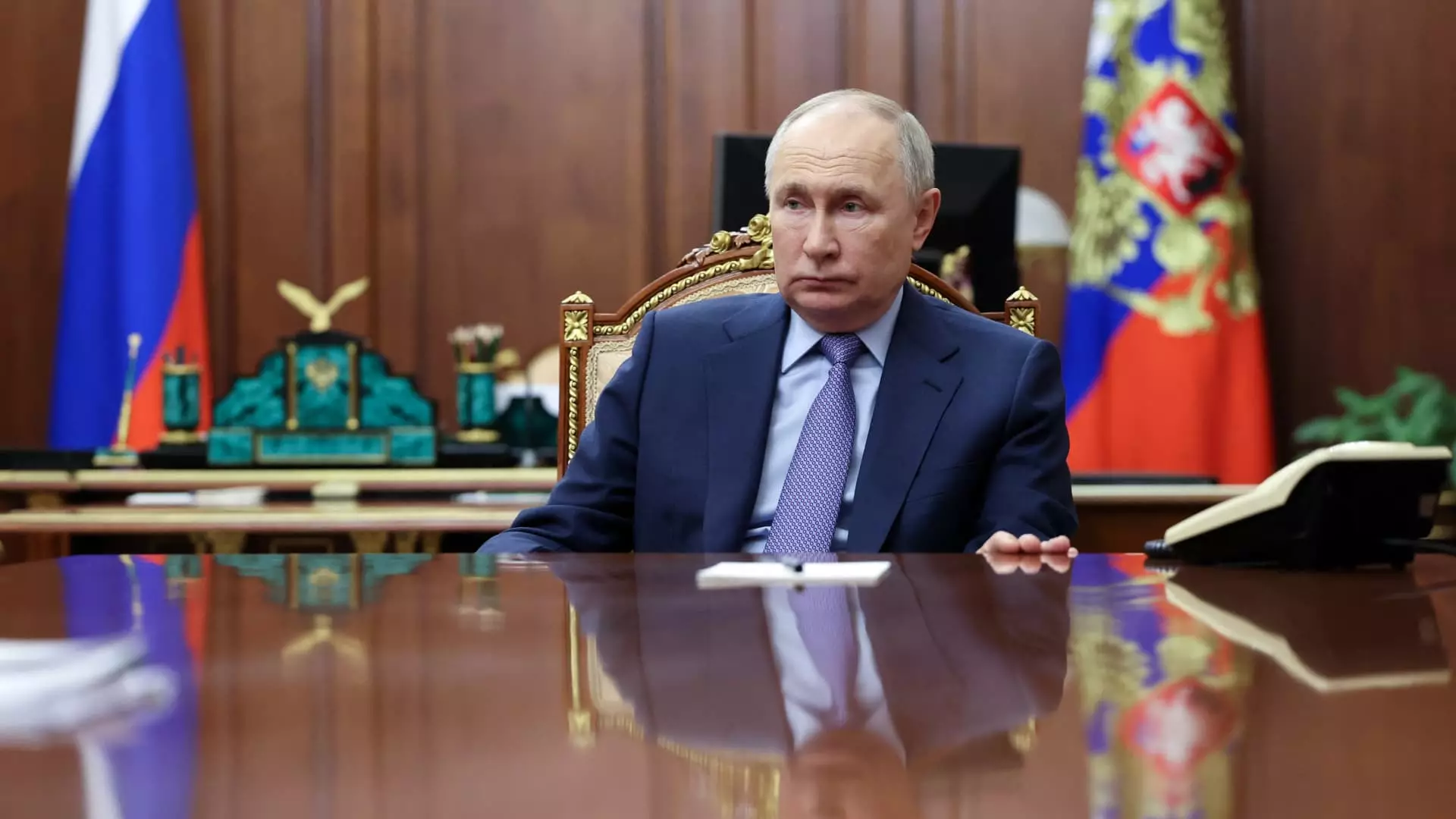In response to the recent approval by U.S. lawmakers of $60.84 billion in support for Ukraine, Russia has accused Washington of escalating the situation and diving deeper into what they perceive as a hybrid war against Russia. The outspoken criticism from President Vladimir Putin’s administration highlights their belief that the United States’ involvement in Ukraine will ultimately result in a humiliating defeat akin to historical military failures like Vietnam or Afghanistan. This condemnation from the Russian government underscores the heightened tensions and the dangerous path that the relationship between the two global powers is currently on.
The passage of a $95 billion legislative package by the U.S. House of Representatives demonstrates a strong commitment to providing security assistance to Ukraine, Israel, and Taiwan. Despite facing objections from some Republican representatives, the broad bipartisan support for the bill signifies a unified stance on supporting allies and countering perceived threats. With the provisions aimed at aiding Ukraine in its conflict with Russia, the United States is sending a clear message of solidarity with its allies in the face of aggression.
The ongoing war in Ukraine has been framed differently by the leaders involved, with the West and Ukraine characterizing it as an imperial-style land-grab by Russia. This narrative positions post-Soviet Russia as a significant threat to global stability, aligning it with China as one of the top two nation-state dangers. In contrast, Putin presents the conflict as part of a larger struggle with the United States, accusing Washington of undermining Russia’s interests since the collapse of the Soviet Union. This clash of narratives underlines the complexity and intensity of the geopolitical tensions at play in the region.
The Human Cost of the Conflict
Amidst the political maneuvering and power dynamics between Russia and the United States, it is essential to remember the human toll of the conflict. The Russian Foreign Ministry’s assertion that ordinary Ukrainians are being used as “cannon fodder” underscores the brutality and suffering faced by civilians caught in the crossfire. The escalating rhetoric and military actions have real and devastating consequences for the people of Ukraine, highlighting the urgent need for a diplomatic resolution to the crisis.
The escalating tensions between Russia and the United States over Ukraine represent a critical flashpoint in global politics. The rhetoric of war and accusations of aggression underscore the high stakes and potential consequences of further escalation. As the conflict continues to unfold, it is essential for all parties involved to prioritize diplomacy and dialogue to prevent further suffering and destabilization in the region.


Leave a Reply